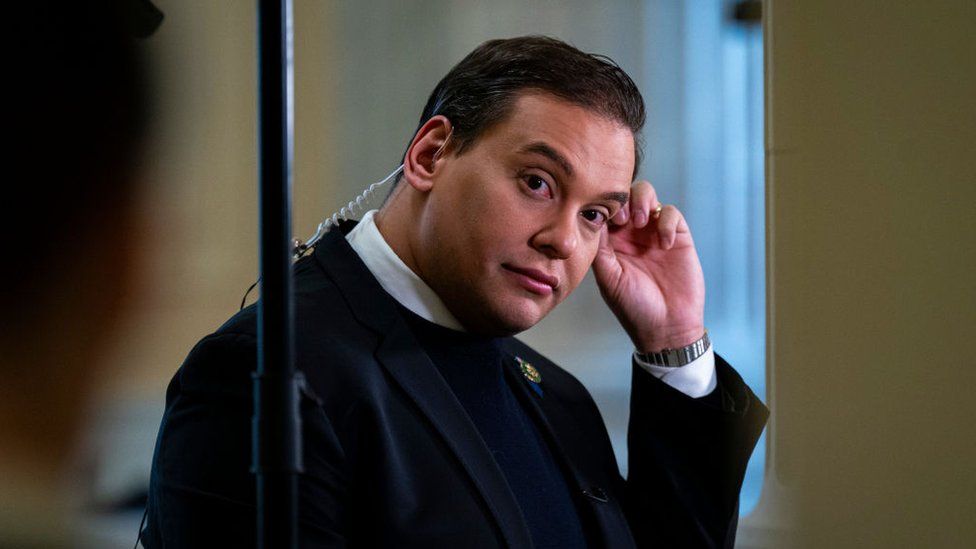-

-
-
Loading

Loading

George Santos was expelled from the House of Representatives by a vote of 311-114, well surpassing the two-thirds majority required for such an action. The key factor that distinguished this expulsion attempt from the previous two was the release of an ethics committee report that presented extensive evidence of alleged misconduct by Santos. The report, spanning 56 pages, outlined substantial evidence of corruption, fraud, and misuse of campaign funds, including personal expenses on clothing, Botox treatments, and contributions to the platform OnlyFans, which includes pornography. These revelations combined with Santos's history of lying about his personal background during his recent congressional campaign and his multiple federal indictments for money laundering, fraud, identity theft, and falsifying documents prompted a significant number of House Republicans to abandon him. This occurred even with the top Republicans in the chamber voting to save him, citing concerns about setting a precedent by removing a congressman without a criminal conviction. The Republicans may have also considered their dwindling majority in the House when deciding how to vote. With Santos's expulsion, there are now 221 Republicans and 213 Democrats in the chamber, meaning Republicans can only afford to lose three votes on their side in any party-line decision. Furthermore, maintaining a workable majority to pass legislation, including funding the US government and providing military aid to Ukraine and Israel, will become increasingly challenging for Speaker Mike Johnson and his team as the margins between Republicans and Democrats narrow. Despite the difficulties posed by a reduced majority, New York Republicans expressed elation at Santos's removal, as they believed his scandal-ridden presence was damaging their prospects in upcoming elections. However, before the general election in November next year, New York will hold a special election for the vacant seat, which may serve as a costly and contentious precursor to the autumn battle for control of Congress and the White House. In the special election, Democrats who were already considering running for the seat must decide whether to participate in the earlier contest. On the other hand, Republicans are scrambling to identify a potential nominee, as Santos only recently announced that he will not seek re-election. The party elders, not New York voters, will ultimately determine the nominees. According to New York state law, the special election must take place in the next three months. Meanwhile, Santos's name will be removed from his congressional office, although his legislative staff in Washington and New York will continue their duties under the supervision of the Capitol's administrative office. As Santos and his legal team prepare for his upcoming federal trial, he will retain certain privileges afforded to former members of Congress as long as he is not criminally convicted and does not work as a foreign lobbyist or advocate for specific legislation. He will still have access to roam the halls of Congress, dine in the exclusive House restaurant, exercise at the Capitol gym, and borrow books from the Library of Congress. However, he will not be eligible for the congressional legislative pension unless he wins two more House elections. While it remains possible for Santos to run for Congress again if he chooses to do so, it is unlikely. After his expulsion, Santos reportedly expressed his disdain for the Capitol, saying, "To hell with this place."